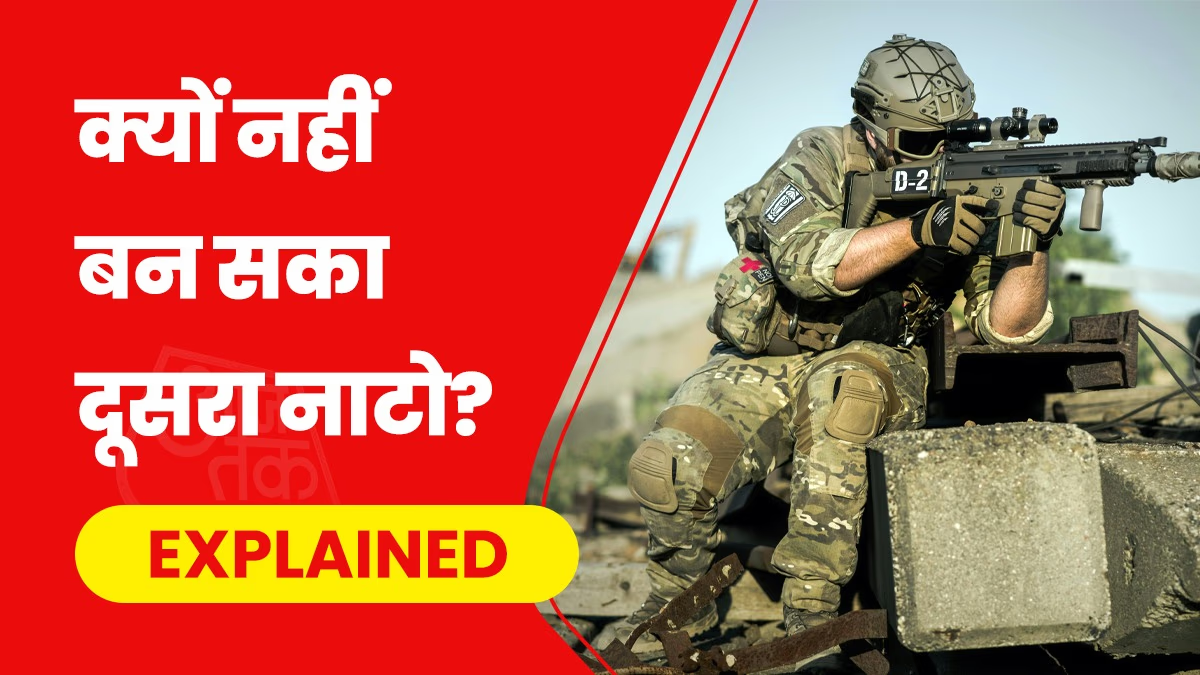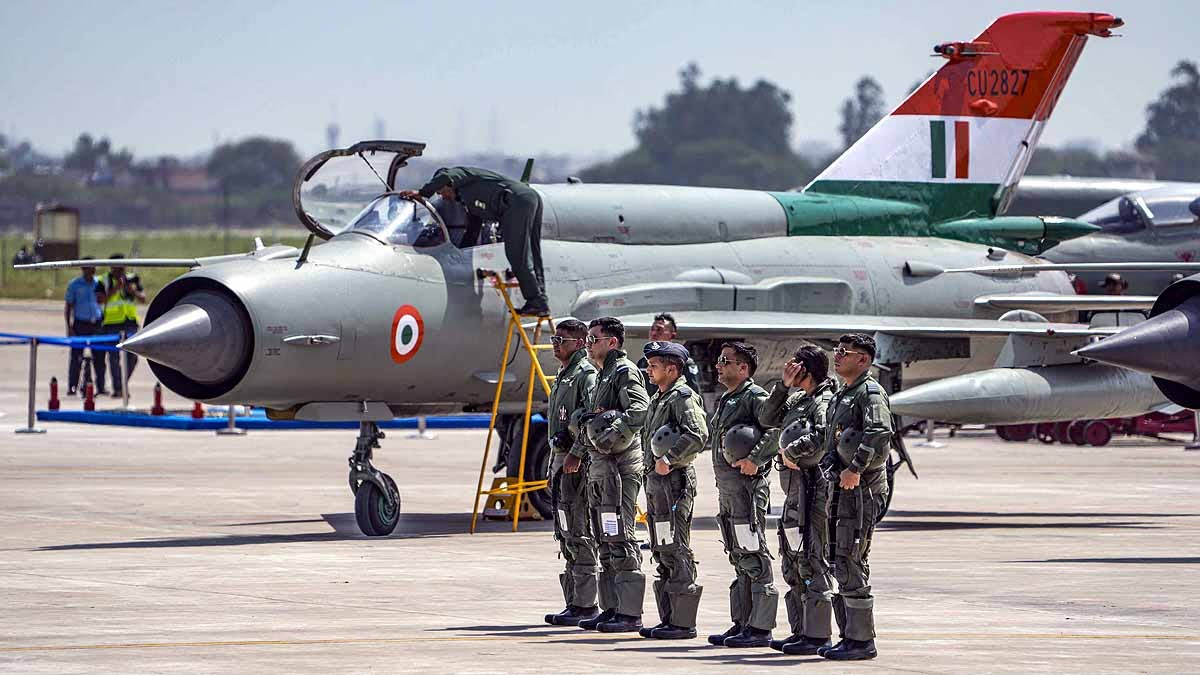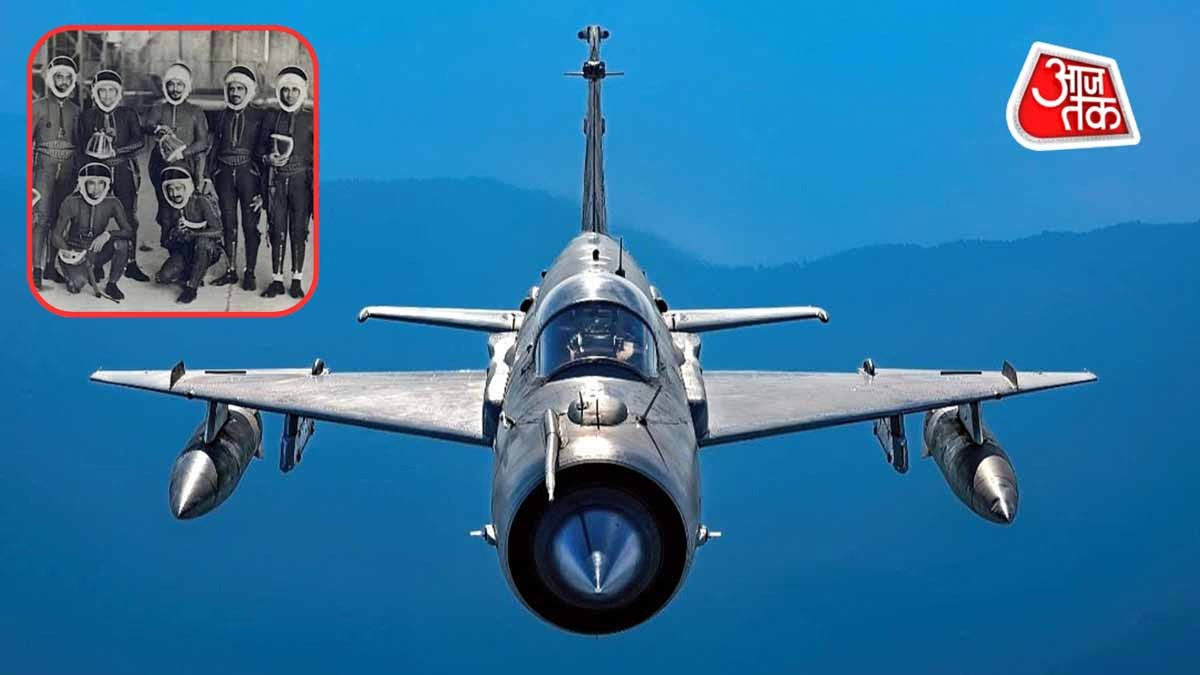After World War II, tension between the United States and the Soviet Union (now Russia) became intense. Every nation feared the possibility of a third world war. To ensure protection, many countries came together to establish NATO, with the US investing heavily in its budget and troops. Meanwhile, Russia, along with its allies, formed a bloc. A whole century has passed, but NATO's influence remains intact.
Today, numerous countries are forming military alliances, so does Russia have a military bloc?
If it exists, why is there so little discussion about it when it has consistently challenged the US?
NATO was established after World War II with a fundamental principle: an attack on one member is an attack on all. Today, apart from the US and Canada, nearly all of Europe is a part of NATO. Economically strong partners, including some Asian countries, conduct joint military exercises. However, they do not have comprehensive security guarantees.
NATO has not just military strength but also cutting-edge technology. Together, member countries build intelligence networks to monitor global developments, making NATO increasingly powerful.
Created in opposition to Russia, NATO suggests that Russia also has a countermeasure. In the past, Russia led a military alliance known as the Warsaw Pact, including communist countries of Eastern Europe, like Poland, Hungary, Czechoslovakia, Bulgaria, Romania. While NATO was strengthening the West, the Warsaw Pact aimed to increase the power of the East.
Although strong, the Pact disintegrated with the Soviet Union's collapse in the early '90s. Subsequently, Russia became isolated. Some allies moved towards NATO, while others focused on their economies, neglecting military alliances.
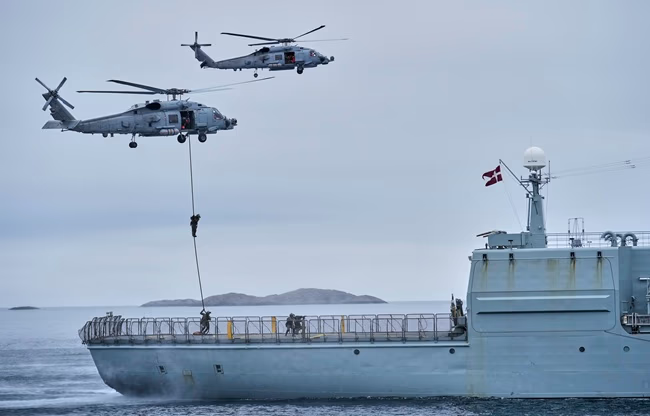
Source: aajtak
Russia began making efforts again after stabilizing. Several alliances formed, albeit loosely. However, one group, the Collective Security Treaty Organization (CSTO), grew stronger, comprising Russia along with countries like Belarus, Armenia, Kazakhstan, Kyrgyzstan, and Tajikistan.
Its purpose mirrors NATO's—to provide mutual assistance in any war, terrorism, or major border crisis. Russia remains its most formidable member. Others offer limited support. Based in Moscow, the organization occasionally attempts military interventions but has yet to undertake global military actions like NATO.
Alternative to Military Might Discovered
Russia lacks a NATO-equivalent powerful military organization and has limited resources, yet it challenges America. It devised a strategy beyond military strength, possessing nuclear arsenals that balance against the US. This forces Washington and other countries to contemplate direct confrontations several times over.
Additionally, Moscow often engages in proxy wars instead of direct battles. For instance, during the Syrian civil war, Russia participated, extending military support against the US. This involvement maintained its local influence. Since it avoided direct involvement, the US also hesitated to confront directly.
Numerous factors preserve Russia and its allies despite lacking a NATO-like military bloc. For example, Russia's extensive terrain stretches from Europe to Asia, providing it strength through geography. Overall, even with limited resources, Russia maintains influence.
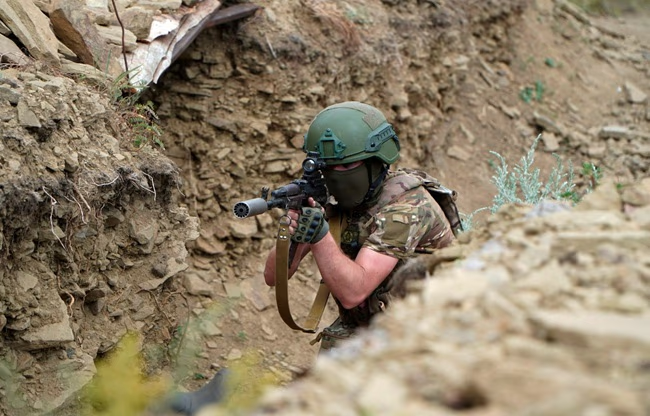
Source: aajtak
Why Haven't Other Arrangements Like NATO Emerged?
- NATO was formed from the joint security needs of the US and Europe against the Soviet Union. Currently, such fear has diminished. Many nations possess nuclear weapons and are aware that any aggression would result in severe consequences. Thus, they avoid direct wars. - Currently, security concerns, political and economic priorities differ for each country. Alliances and adversaries are not clearly defined as before. - Managing an organization like NATO requires immense economic power, which most countries cannot afford. - Many nations are embroiled in internal conflicts. Even if they wish, forming a collective military power remains challenging.
Is NATO Weakening?
Despite its immense strength, NATO faces some weakening. Disputes exist between the US and Europe. The US insists European countries increase their military budgets while Europe argues that Russia does not directly threaten the US, hence the pressure. Running NATO has become costly. Even the US now shifts its focus from Russia to the Indo-Pacific.
In the future, America's role in European defense might diminish. NATO's military policy also encounters emerging threats like terrorism, cyber-attacks, and immigration. Currently, there seems to be no new strategy to tackle these issues.
In essence, NATO has become like an old lion, with tales of its ferocity preserving its legacy.
